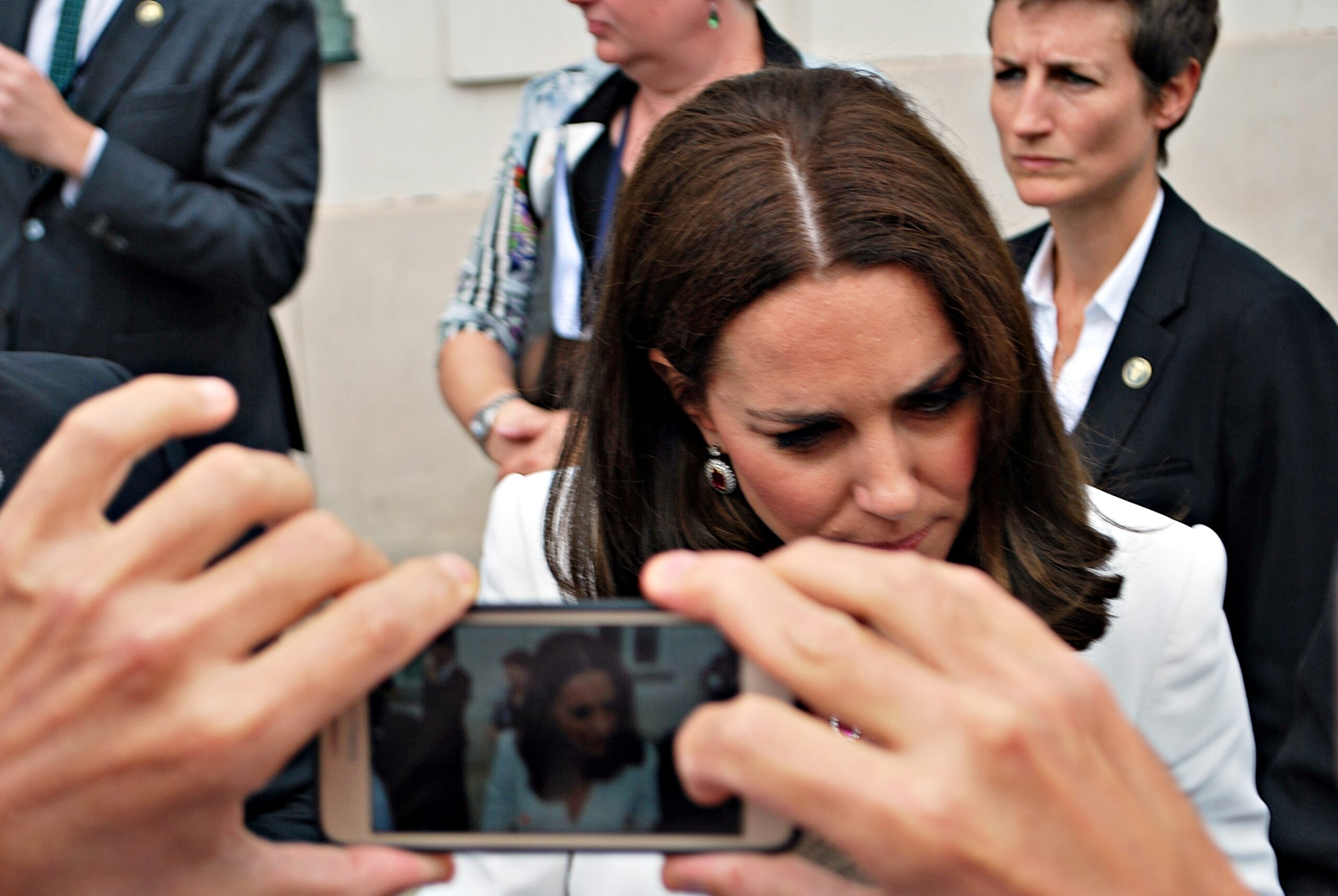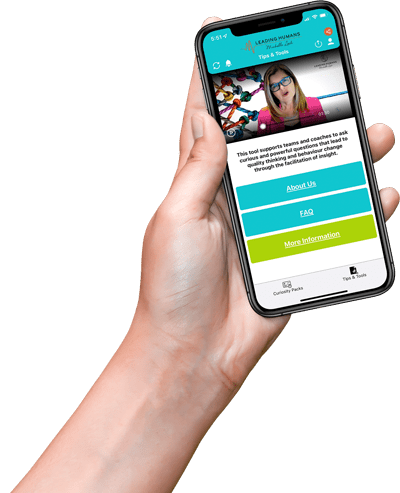In my last post, I pondered whether we, as leaders, are taking notice of the shift that is occurring economically from a mass economy (high structure, low need for trust) to a sharing or peer-to-peer economy (high trust, low structure).
Click here to refresh your memory!
Let’s look at the key driver in play here.
We are social beings. Matt Lieberman, a neuroscientist at UCLA has just released his book of the same title (“Social”) documenting his lab’s findings from the last decade of research into the uniqueness of our social brain.
We are wired to connect…not as a nice to have, but as an essential element for our survival. Without social connection, we, as newly born mammals, cannot access food water and shelter. Essentially, the discovery of our brain as a social brain turns Maslow’s Hierarchy of needs on it’s head.
In the past we have underestimated the power of this need to connect as an employee motivator. In business we have focused on financial rewards as the ultimate motivator, however, study after study proves that money, whilst perceived as the the ultimate in determining happiness, doesn’t make us happy. Connecting with others, being accepted, appreciated, recognised, respected and cared for – does. And happy people are creative, engaged and productive.
So how do we use this new understanding as leaders? Leadership is a social endeavour. The wikipedia definition is…
“…a process of social influence in which one person can enlist the aid and support of others in the accomplishment of a common task.”
Leadership is a social activity…and if we really want to capitalise on this emerging phenomenon of peer-to-peer connection, we need to rewire our thinking about how we motivate our teams and colleagues.
New generations are clear in their message – cut the hierarchy, connect us with the people and resources we need, and get out of the way so we can do what we are capable of. The people on the ground have the best ideas and sometimes access to resources we hadn’t realised were there. Take for example the airbnb philosophy – got a spare room, don’t waste it – rent it to someone who wants it for the right price – win/win. AND I’ll connect you with that person, and protect your interests in the process. Off you go!
Our role as leaders in this is to make sure the focus of our teams is clear, support and challenge their thinking, celebrate their achievements, and their risk-taking (even when it doesn’t pan out), stay connected with what they are doing, but not get in the way, and provide every opportunity for collaboration and connection. This requires trust, so taking opportunities to build trust are also value-add investments. It’s now high trust…low structure.
Your job is to be an expert in human behaviour, human focus and human connection.
What can you do today to build trust and connection between members of your team?
Have a great day!
Michelle










